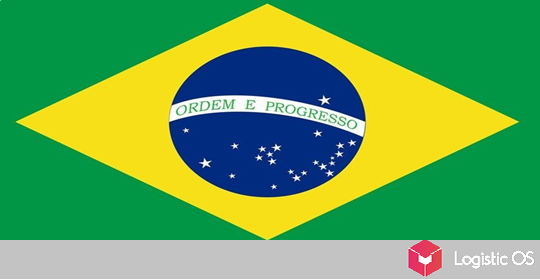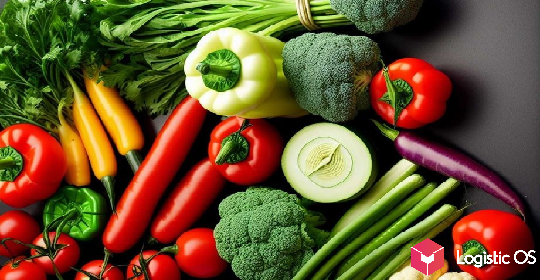The final decision on this issue will be made after the completion of the sugar beet harvest.
The purpose of introducing the proposed measures is to stabilize prices in the domestic market and meet the needs of the population for the product.
In 2019, the country’s gross sugar beet production reached the level of 54.4 million tons. This allowed the production of a record amount of white sugar over the past five years — 7.3 million tons.
Domestic consumption of the population of Russia is approximately 5.9 million tons per year.
The harvest situation is tense this year.
According to preliminary forecasts, in 2020, 5.2 million tons of socially significant crop will be produced.
On October 23, 2020, representatives of the Federal Monopoly Service explained that there would be no sugar deficit in the country.
The statement came after the publication of a message from the largest sugar producer in Russia — Rusagro company about price increases due to a possible shortage of the product. (The manufacturer, by the way, has already received a warning from the FAS about behavior that is unacceptable and could lead to violation of antitrust laws and cause unhealthy excitement among the population. On October 22, the company explained that the term “deficit” in its statement was interpreted incorrectly).
The expected harvest will meet the domestic needs of the country.
In addition, as of October 1, sugar reserves (not taking into account small forms of business) were at the level of 1.3 million tons, which, taking into account the expected production, is quite enough.
Also, within the framework of the agreement on the Union State, Belarus annually supplies us with 250 thousand tons of sugar.
While prices on the market continue to grow — wholesale buyers give 46 rubles per kilogram.
And there are several reasons: the sugar harvesting will be completed in November.
In some regions, rainy weather led to crop failure, in others, on the contrary, dry.
In the Nizhny Novgorod region, where the harvesting company is now in full swing, the harvest will be much less than last year.
Spring rains did not allow local farmers to completely sow the planned areas: out of 2000 hectares, 1700 hectares were used.
In the Kuban, the situation is the opposite: due to drought, beets are not just small — they are much worse in quality.
The factories are already up. If last year some of them processed 900 thousand tons of raw materials, then this year only 300.

Last year’s record, paradoxically, severely crippled the industry. Manufacturers had to trade below cost — prices fell below 18 rubles per kilogram.
The pandemic somewhat smoothed the situation — many states stopped restricting imports, and Russian sugar was actively exported (the low price also contributed to this).
So today’s price jump is a bounce from the very low prices of last year.
But the Ministry of Agriculture and the Federal Antimonopoly Service are closely monitoring the situation on the sugar market, therefore, it is possible to introduce such measures as a reduction in import duties.
In this case, we are talking about a certain quota volume.
According to Rosstat, sugar remains the leader in consumer price growth.
Since the beginning of the year, it has risen in price by one and a half times, and in the week from October 13 to October 19 — by 4%.

